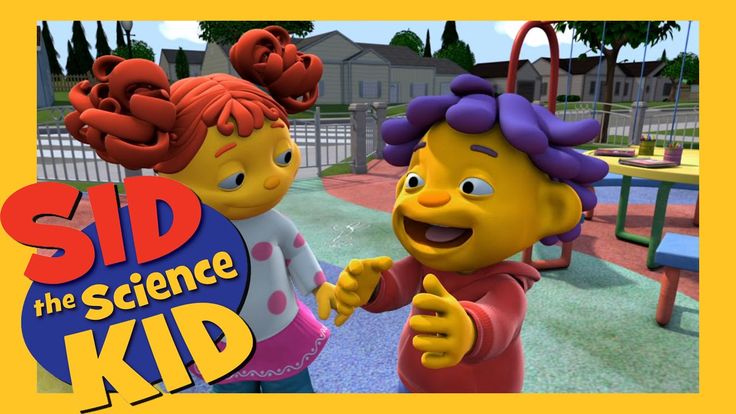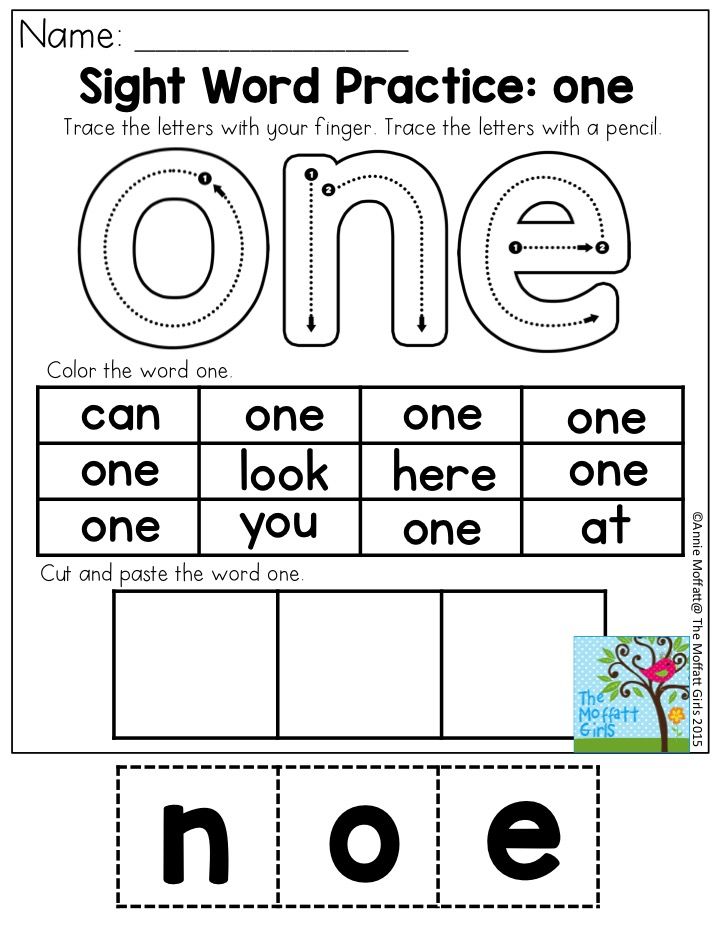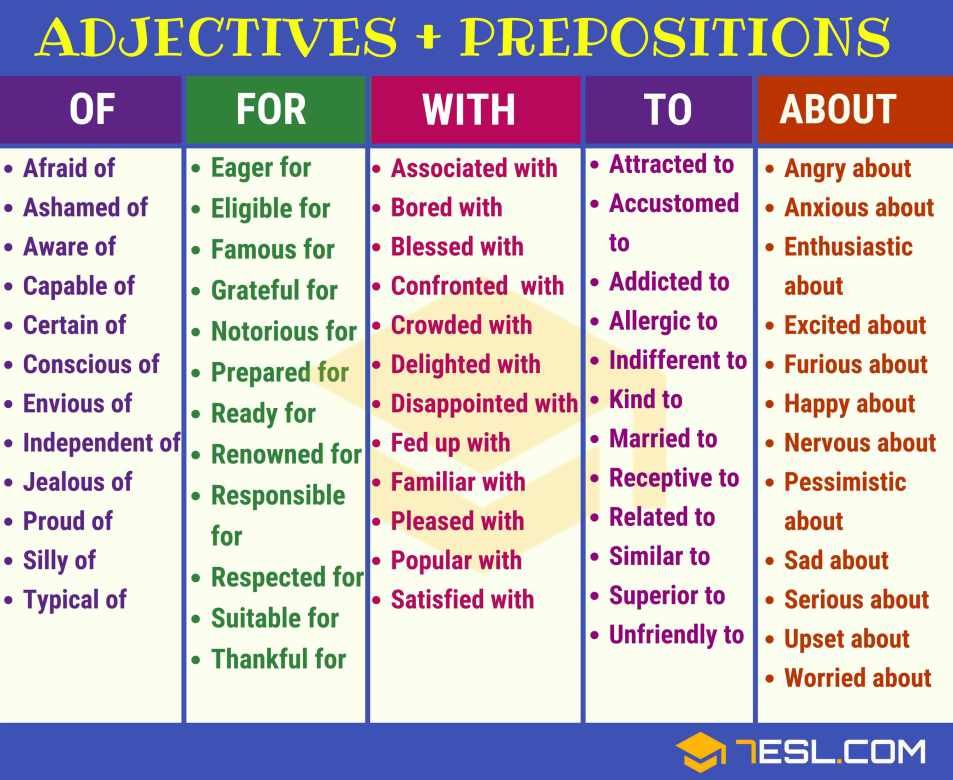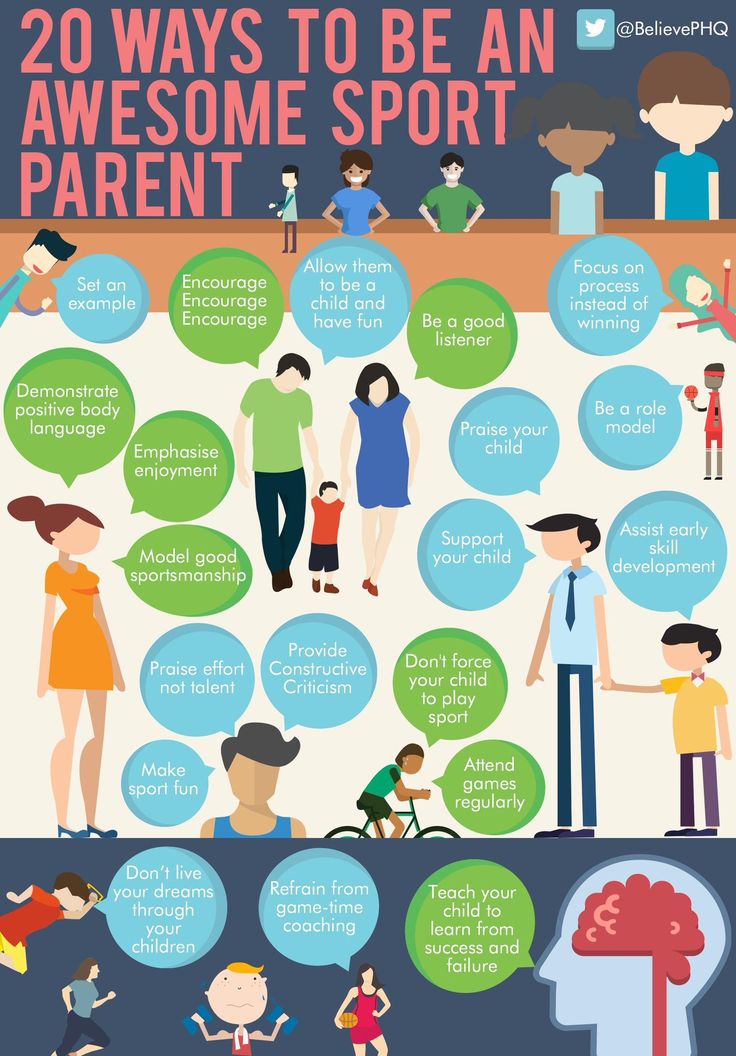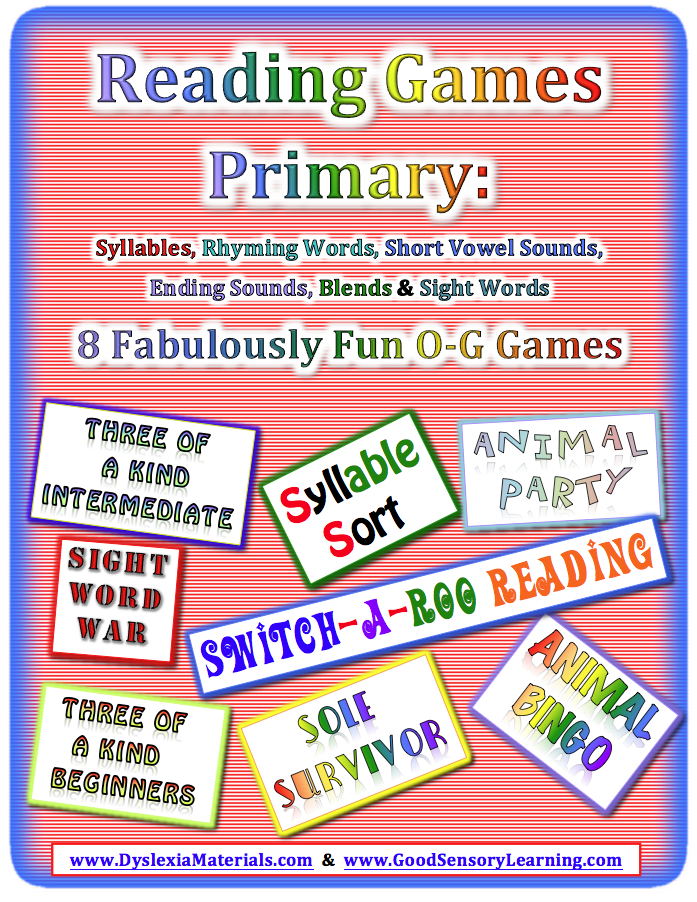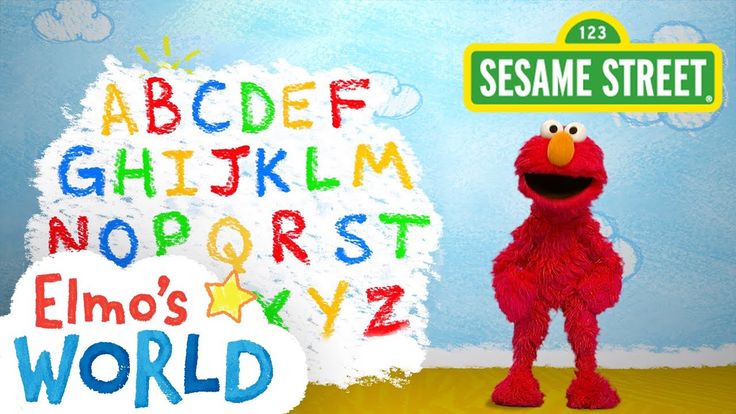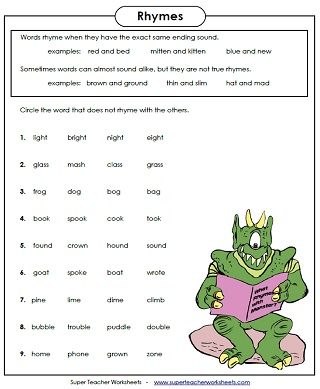Social skills are important
Why developing social skills is important for young children
One of the most important skills for young children to learn is how to socialise and get along with other people. While the focus is often on more academic skills, like language and maths, or even physical growth and motor skills, social skills help set children up for life.
The way we socialise and interact with others, be it with family, friends, colleagues, peers and others, will impact on almost every aspect of our lives. Social skills help children to form positive relationships, have conversations, develop body language, cooperate, share and even play together.
Having well developed social skills also leads to improved mental capacity and cognitive abilities, as well as good overall mental health. In this article we look at the importance of developing a range of social skills from a young age, to equip children with the skills they’ll need later in life.
Learning through playing together
Children learn by observing others, listening, exploring and of course, by asking lots of questions. In childcare and kindergarten settings, children have a wide range of opportunities to develop valuable social skills through spontaneous experiences and structured learning. For many children, attending a long day care or kindergarten will be their first ongoing experience interacting with children outside of their own family.
Being able to interact and play with both children their own age and those older and younger is important for children’s social development. Through play with children their own age and older, children develop important skills in problem solving, resolving conflict, sharing, kindness and empathy. With younger children, they have the opportunity to develop leadership and responsibility skills, and adopt a mentoring role.
It is wonderful to see children develop and form new friendships, especially as the older children show newcomers around and introduce them to other children.
Preparing for the transition to school
The transition to school is a big moment for children and well-developed social skills help make the transition smooth.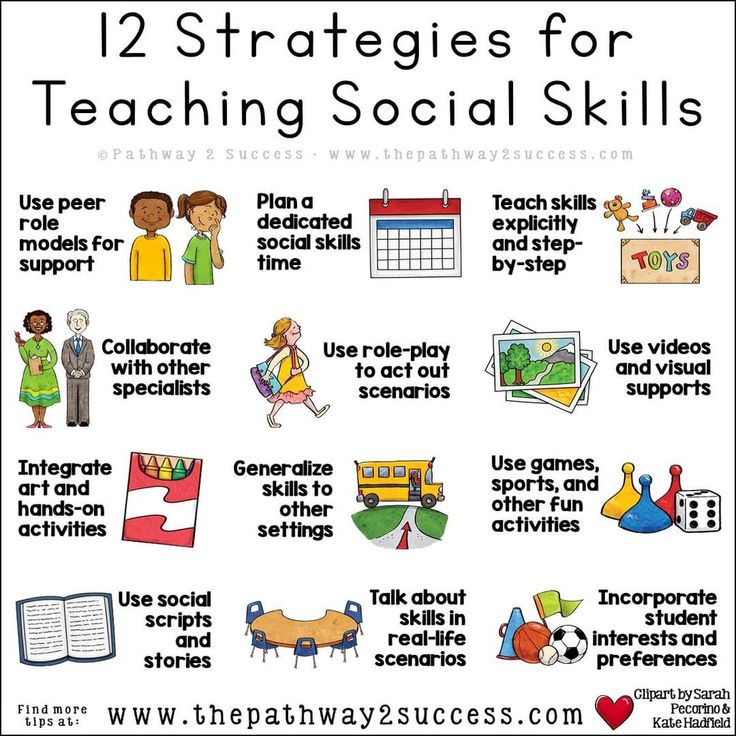 Social skills developed during their time in long day care and kindergarten help children build confidence, become more self-reliant and independent, and boost their overall self-esteem.
Social skills developed during their time in long day care and kindergarten help children build confidence, become more self-reliant and independent, and boost their overall self-esteem.
To support this transition, the educators at Catholic Early EdCare facilitate mixing with children at nearby schools. This can include joining them for outdoor games, visiting the library together or being partnered with senior students as buddies. There are also opportunities to meet the teachers and hear about school so when the time comes, children will feel well prepared with the social skills they need to make the move to prep.
Being an active community member
Understanding how they fit into their wider community is an important part of children’s social development. Being active in the community, mixing with older people and understanding what’s happening in the local area all contribute to building social skills.
At some services the educators at Catholic Early EdCare facilitate relationships with nearby aged care services.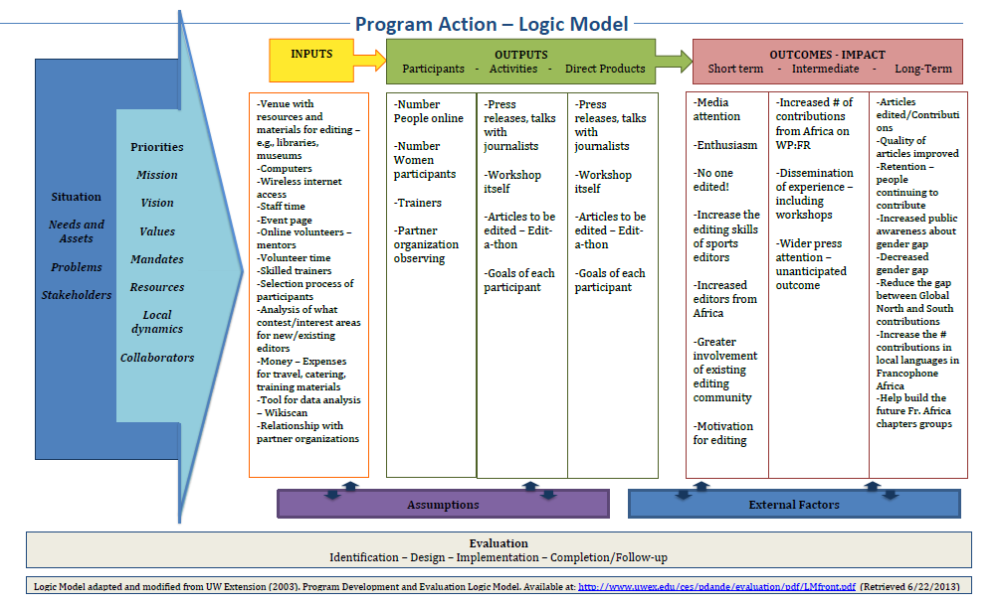 The children visit the elderly residents and talk to them about their lives and experiences. When visiting in person is not possible, the children are engaging through letter writing, drawing pictures and sending photos and cards.
The children visit the elderly residents and talk to them about their lives and experiences. When visiting in person is not possible, the children are engaging through letter writing, drawing pictures and sending photos and cards.
How children develop socially and learn to develop relationships with others will impact on many aspects of their lives. It’s important children develop a range of social skills that set them up for life, from making friends and forming positive relationships, to building confidence, learning empathy and conflict resolution, social skills are one of the most important skills for young children to develop.
"Being active in the community, mixing with older people and understanding what’s happening in the local area all contribute to building social skills."
At Catholic Early EdCare, we help your child to grow socially every day. The early years of education and care are the foundation for every child’s future.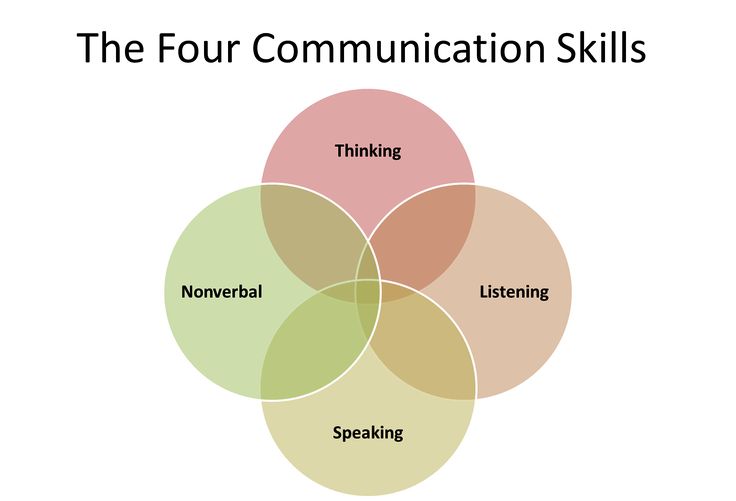 To find out more about how your child will grow socially in our care, visit our website.
To find out more about how your child will grow socially in our care, visit our website.
What Are Social Skills? & Why Are Social Skills Important?
How to define social skills, not to be confused with social competence, can be complicated. As just one component necessary for social competence, social skills are the foundation of connecting with others! Let's dive deeper into why they are essential and how to develop them in toddlers and preschoolers.
What Are Social Skills?
Basically, social skills are the tools we use to communicate, interact, and build healthy relationships. Furthermore, social skills are interdependent with emotional skills, and together, they create social-emotional skills. Also, social-emotional learning skills both influence and build on one another. For example, your emotions affect how well you relate to others.
Social and emotional development requires an extensive set of skills for success. To begin with, a child learns to identify, express, and self-regulate their emotions.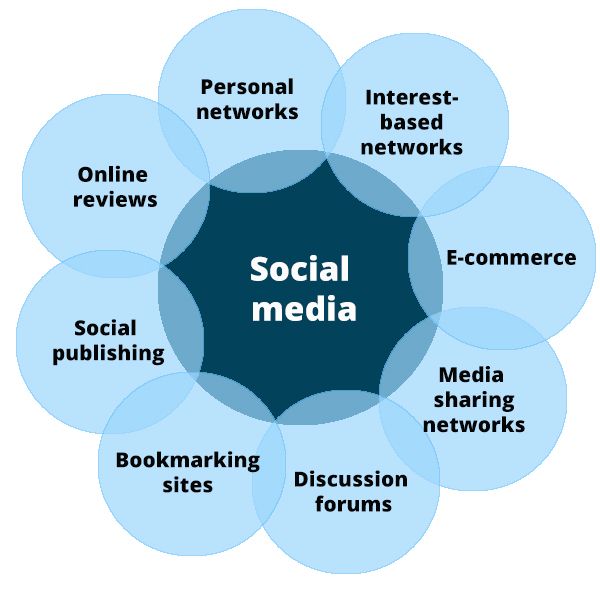 This includes utilizing emotional vocabulary to voice their feelings. Additionally, using nonverbal cues like gestures, facial expressions, and body language.
This includes utilizing emotional vocabulary to voice their feelings. Additionally, using nonverbal cues like gestures, facial expressions, and body language.
Similarly, social-emotional development includes the awareness and appreciation of others' emotions. This is where children learn to feel empathy. For example, understanding that a friend is sad and comforting them.
Furthermore, it is about exploring, experiencing, and interacting with their environment. This includes your child's ability to adjust their reactions and behavior to a specific social situation. For instance, learning to be quiet in a library or church.
Most important social-emotional development is all about relationships. Building and maintaining positive connections with family and friends is critical. As kids interact more with other children and adults, they increase and improve their social skills.
To simplify matters, we will refer to social skills and social-emotional skills interchangeably throughout the remainder of the article.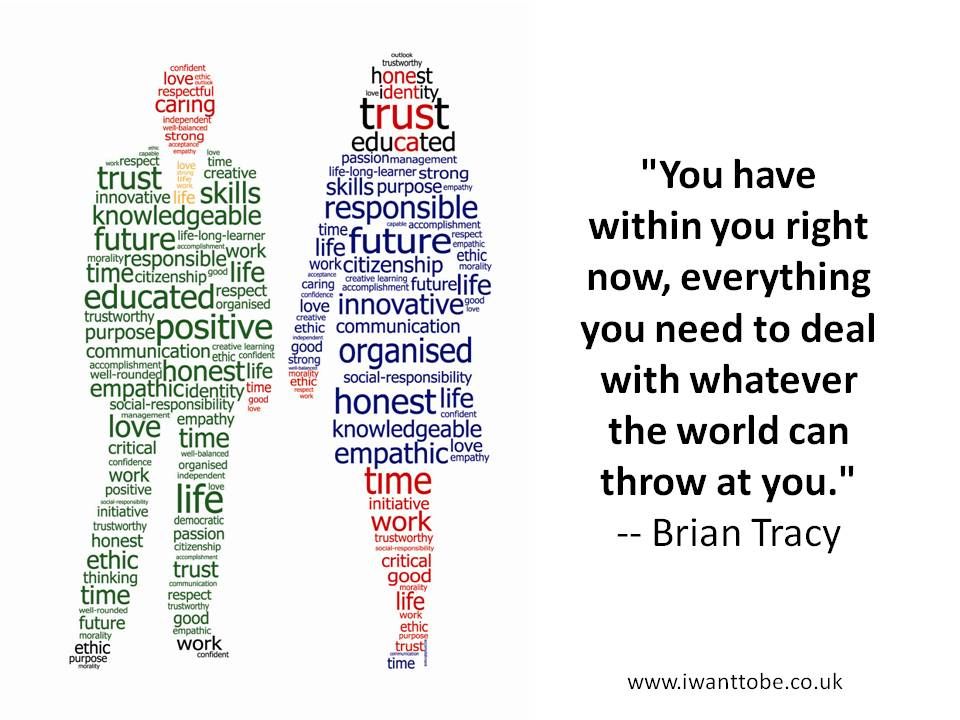
Examples Of Social Skills
Social-emotional development includes a set of skills that are key to having and maintaining healthy relationships. The ability to balance personal needs and wants while appropriately getting those needs met is essential. Below are some examples of social and emotional skills for toddlers and preschoolers.
Social And Emotional Skills:
- Appropriately Asks For Help
- Awareness of Others' Feeling
- Begins to Understand and Follow Rules
- Cooperates
- Displays Affection to Familiar People
- Follows Directions
- Listens
- Make Friends
- Makes Eye Contact
- Positive Self-Image
- Pride In Accomplishments
- Protects Themselves
- Puts Their Feeling Into Words
- Respects Personal Space
- Shares
- Takes Turns
- Uses Manners
These social and emotional skills are the foundation of your child's acceptable social behavior.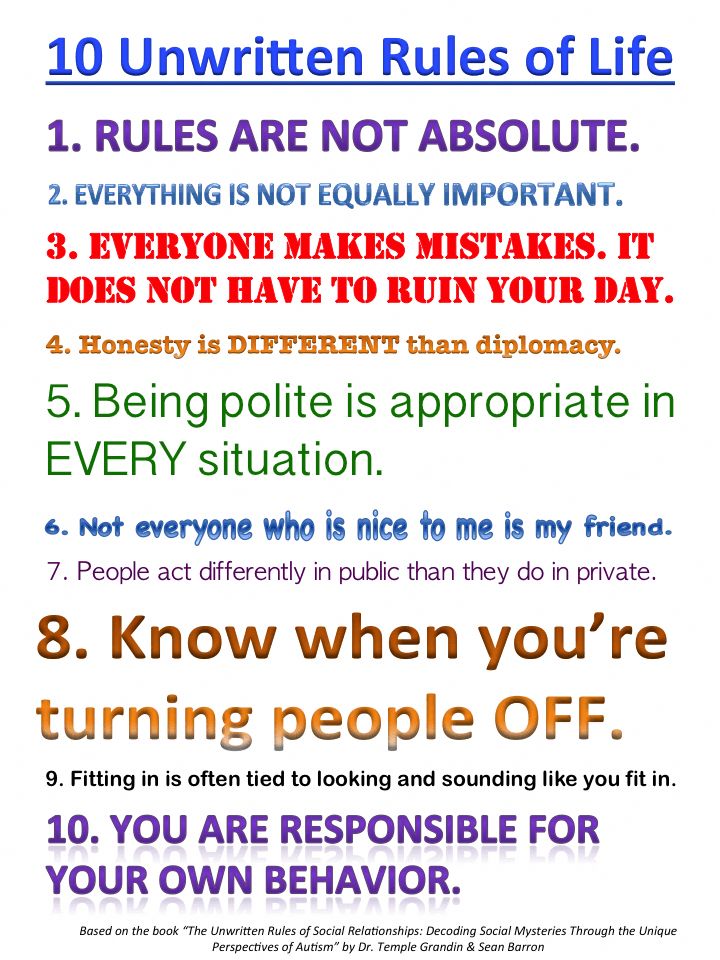
Why Are Social Skills Important?
Ultimately, we all desire to live in a harmonious society; of course, we also want this for our children.
Social and emotional skills are imperative in helping children adapt and become comfortable in social situations. As a matter of fact, they develop feelings of pride, confidence, trust, affection, humor, and friendship. Having excellent social skills makes both getting along with others and becoming more independent easier. Friendships and peer relationships are more enjoyable and stronger, with good social skills.
Many studies support the long term outcomes of developing social-emotional skills at an early age. As adults, they become better equipped to handle stress and get through tough times. However, short-term benefits are relevant too. It is not just about social acceptance and being well-behaved. Above all, it is about relationships. Childhood friendships are beneficial to mental health and allow kids to practice their social skills.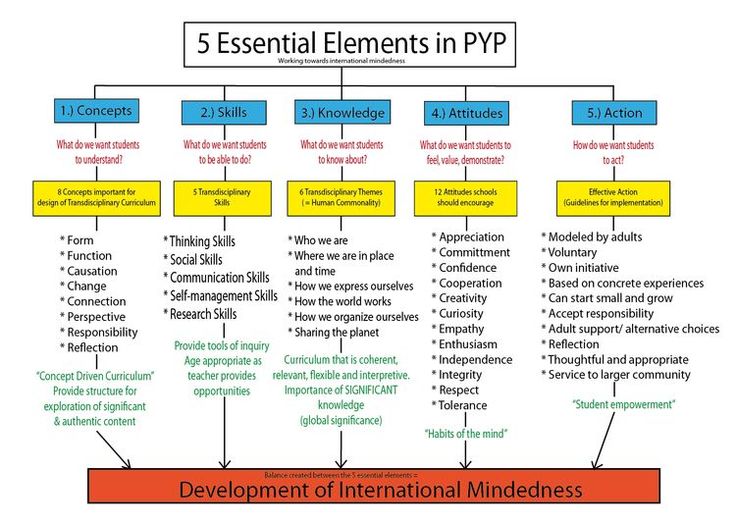
Parents play an essential role in nurturing their children's social and emotional development since children are not born with these skills. Surprisingly, teaching social and emotional skills to your child is more than just good manners. Children need to grasp how to be good listeners, make eye contact, follow directions, exhibit self-control, and not interrupt conversations. Effective teaching of social-emotional skills usually occurs when you interact and play with your child.
Social And Emotional Development In Early Childhood
Children grow and develop at an unbelievable rate during the first five years of life. As a parent, you are vital to developing social and emotional skills in the early years. Most importantly, your engagement models communication and interaction for your child.
For example, they watch how you respond to their emotional and social needs. Do they feel safe? Are their needs being met? Furthermore, by emulating your behavior and how you treat others, they learn empathy.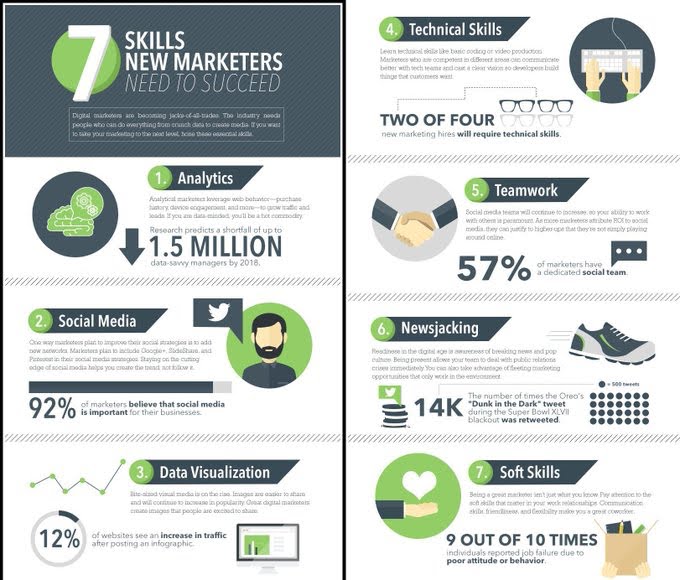
One of the easiest ways to model good social skills is to play with your child. During play, your child builds cooperation, learns self-control, and increases empathy. Developing social-emotional skills requires time and continual practice. Look for occasions where you can help kids improve their social skills, starting with the basics.
Fred Rogers of Mister Rogers' Neighborhood, was instrumental in teaching kids vital social and emotional skills that are still relevant to adults today.
"When we can talk about our feelings, they become less overwhelming, less upsetting, and less scary." - Fred Rogers
How To Develop Social And Emotional Skills In Toddlers
Developing social-emotional skills for toddlers can be exhausting. Toddlers are still going to have temper tantrums and push the boundaries, both normal and healthy. It is how they eventually manage those feelings, match the appropriate level of emotion, and calm down.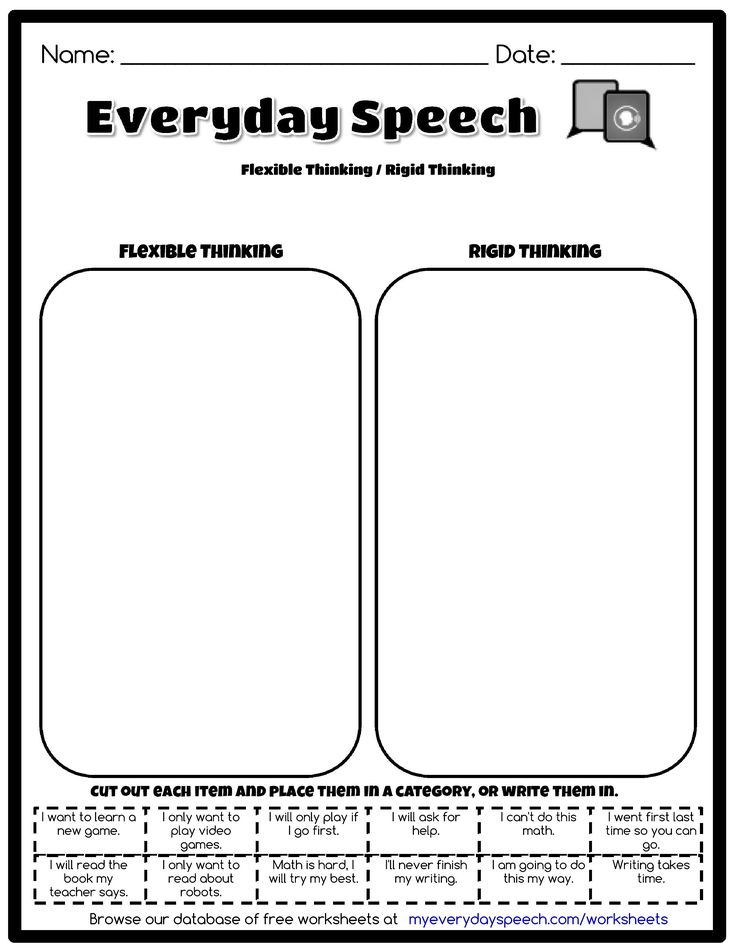 Here are some social-emotional activities for toddlers to help you develop their skills.
Here are some social-emotional activities for toddlers to help you develop their skills.
- Find ways to acknowledge your toddler's good behavior. Such as, when they share something with a sibling or friend. Say things like, "That was very thoughtful of you to let your sister play with your blocks."
- Use positive statements when talking to your toddler. For instance, "Please help me put away your blocks?" rather than "Go put your blocks away."
- Toddlers have BIG emotions. So, help them talk through what they are feeling and how to express those feelings.
- Include daily play in your toddler's routine. For example, if you have to go to the dry cleaners, why not allow some time to stop at the park. Also, set up playdates for interaction with other children. Play is imperative to happiness and building relationships.
Social And Emotional Development In Preschoolers
Understanding and developing social skills for preschoolers can be complicated.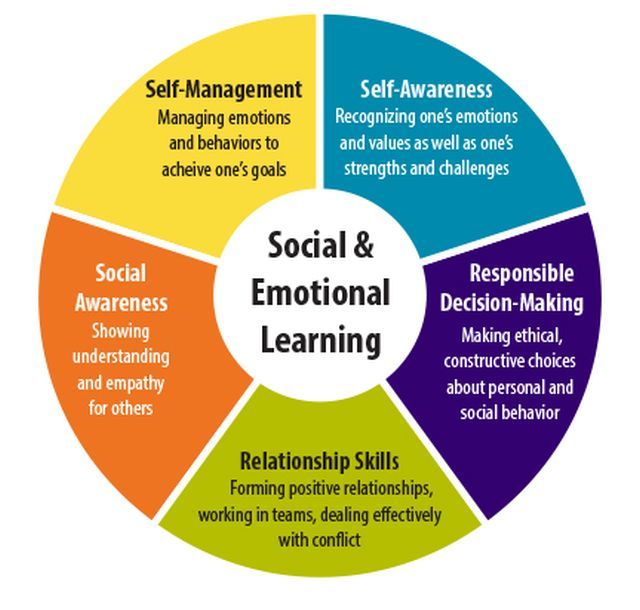 For example, kids have to be able to lose without a tantrum before they can be a "good sport." Or know when and how to be assertive, like if a friend is getting pushed around by other kids. Here are some social-emotional activities for preschoolers you can use to develop their skills.
For example, kids have to be able to lose without a tantrum before they can be a "good sport." Or know when and how to be assertive, like if a friend is getting pushed around by other kids. Here are some social-emotional activities for preschoolers you can use to develop their skills.
- Show love using your words and physical affection to model appropriate affection with others.
- Choices are the name of the game! When possible, allowing your child to make choices is vital to developing social skills. For instance, allow them to choose whether they want the green cup or the blue cup today. Making choices builds independence, confidence, and a healthy self-image.
- Engage in pretend play. It helps children practice social skills by discerning what to say in a variety of situations. For example, you could make-believe your going to get ice cream. Pretend to be the person scooping the ice cream or the cashier. Imagine what you would say. Help your child decide how to respond.
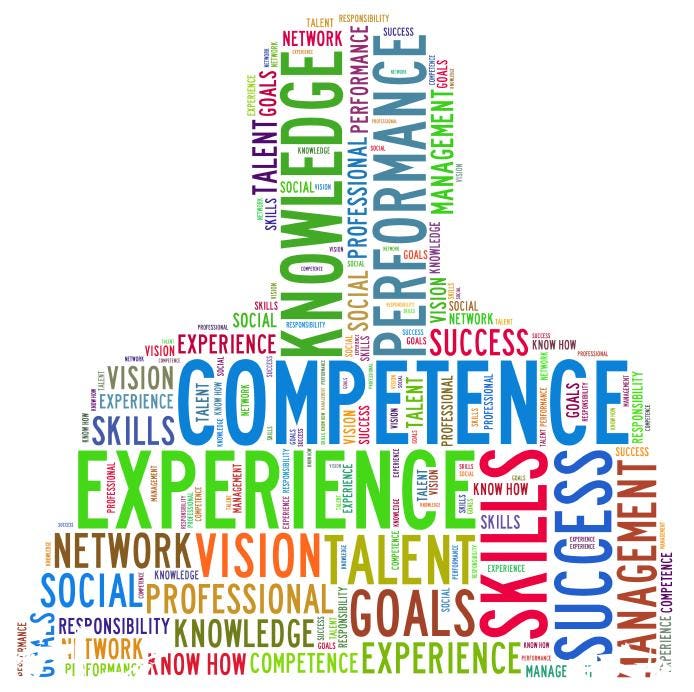 This gives your preschooler real-life experiences in a safe environment.
This gives your preschooler real-life experiences in a safe environment. - Preschoolers love to help! So, by giving your child some responsibilities like simple household chores, you can build prosocial skills. For instance, preschoolers can help take their dirty dishes to the sink. Or help bring in and put away the groceries.
- Demonstrate examples of trust, both with your child and other relationships.
- Use social stories to illustrate difficult social-emotional skills that may be confusing. A good example is when to be assertive and speak up to protect themselves or others.
The Role Of Play In Social Development
Do you remember when preschools and traditional kindergartens had block play areas? The were always next to the play kitchen and the dress-up space. As a matter of fact, these play areas were vital to developing social and emotional skills in the early years.
Did you know that play and social-emotional development go hand and hand? As it turns out, block play supports social-emotional development and aids physical and cognitive development.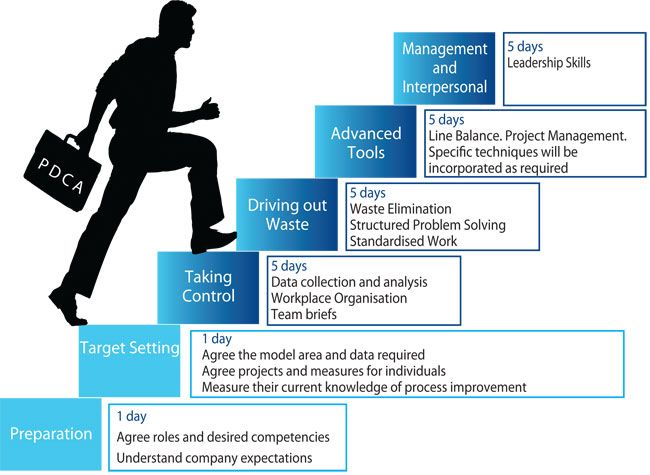 Furthermore, pretend play is not only interactive but fun. It gives kids opportunities to try on different roles, preparing them for social situations.
Furthermore, pretend play is not only interactive but fun. It gives kids opportunities to try on different roles, preparing them for social situations.
What social-emotional skills are enhanced through play? Children come by play naturally. Children at play, they learn how to regulate their feelings and use self-control. While at the same time building self-esteem, self-confidence, and their sense of autonomy.
Play and social development help kids to express themselves and learn to make good choices. Like a moral compass, they develop character traits. For example, they learn to be respectful, trustworthy, responsible, fair, and kind.
Social and emotional development through play should not be overlooked. Through play, children connect with others, learning to process their emotions.
"The ability to play is critical not only to being happy but also to sustaining social relationships and being a creative, innovative person." - Dr. Stuart Brown
Provide The Right Tools For Developing Social Skills
Make readily available both open-ended toys and household items.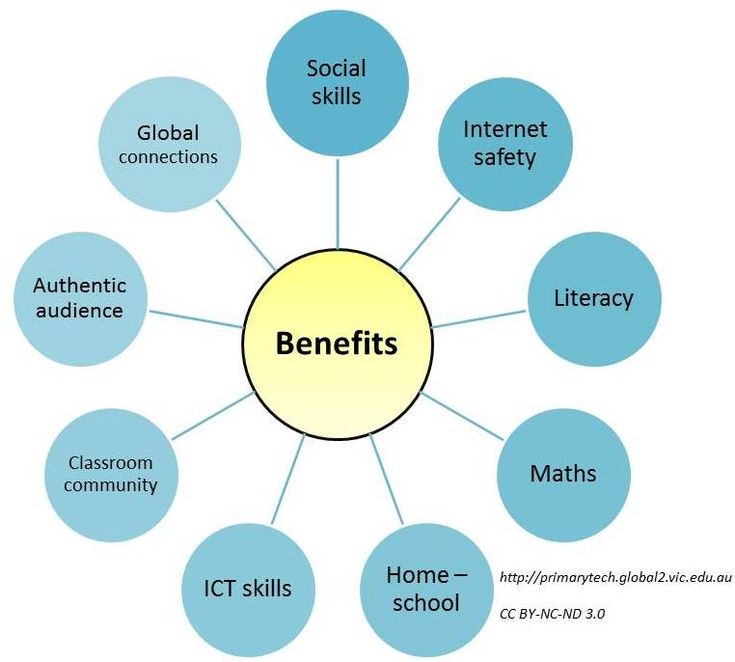 Things like wooden stacking blocks, balls, play-dough, or wooden spoons are ideal. They spark imaginative play, social play, and are essential to group play. With their no "right" way to play, they provide hours of exploration and discovery for your children. Below is a sample of some toys that promote social development.
Things like wooden stacking blocks, balls, play-dough, or wooden spoons are ideal. They spark imaginative play, social play, and are essential to group play. With their no "right" way to play, they provide hours of exploration and discovery for your children. Below is a sample of some toys that promote social development.
- Wooden Toy Blocks
- Art and Crafts
- Magnetic Tiles
- Pretend Play Clothes and Props
- Giant Building Blocks
One of the first encounters a child has playing with others is block play. Whether they build together or alongside one another, they must share, take turns, and respect others' personal space. Additionally, working in small groups requires them to cooperate, negotiate, and compromise. For example, what if they both want the same block?
Furthermore, building a structure together requires children to work towards a common goal. What will they build? How will they make it? What is the role of each child? The collaboration will be a give and take.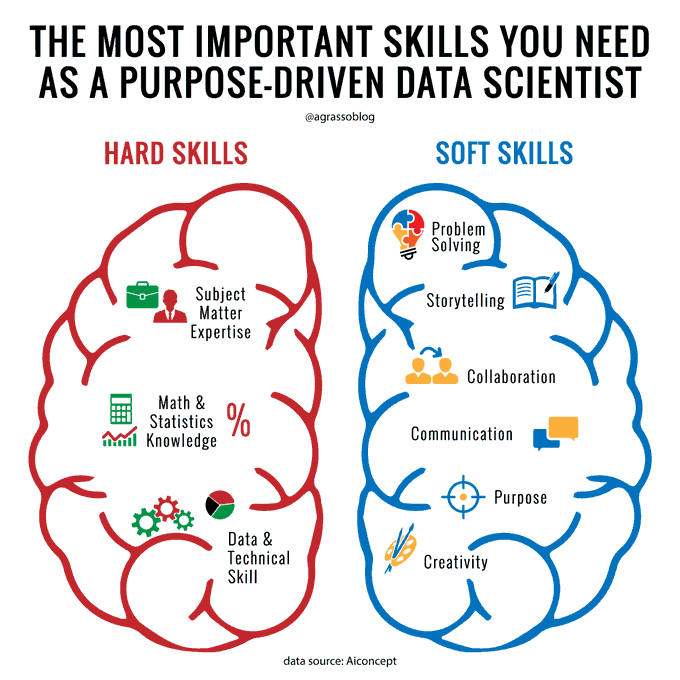 Sit back and watch them navigate these issues; it will be like a front-row seat at the theater!
Sit back and watch them navigate these issues; it will be like a front-row seat at the theater!
Finally, playing games give children the experience of winning and losing, understanding rules, and playing fair.
Are Your Child's Social And Emotional Skills Progressing?
Positive social and emotional development is critical to our children's health and happiness. However, not addressed as often as their physical and cognitive development. We forget how necessary these skills are to the well-being and life-long success of our children. So for guidance, we have provided a list of social-emotional milestones. Try to remember, this is intended for informational purposes only. Some children may accomplish them earlier and others later. However, please contact your pediatrician if you feel your child is not progressing accordingly.
2-Year-Old Social Skills
- Awareness of Self as Separate from Other Children
- Begins to Show Defiant Behavior
- Enjoys the Company of Other Children
- Episodes of Separation Anxiety
- Expresses Anxiety or Fear
- Imitates Adults and Friends
- Increasing Independence
- Likes Pretend Play
- Plays Alongside Other Children
3-Year-Old Social Skills
- Easily Separates from Parents
- Exhibits a Wide Range of Emotions
- Focuses on Personal Needs - Appears "Selfish"
- Greater Independence
- Imitates Complex Tasks of Others
- Increasingly Inventive Fantasy Play
- Interested in New Experiences
- Likes Routines – May Get Upset with Change
- Negotiates Solutions to Problems
- Openly Shows Affection for Friends
- Shows Concern for A Crying Friend
4-Year-Old Social Skills
- Articulates Likes and Dislikes
- Cooperates with Other Children
- Enjoys New Things
- More Creative with Imaginative Play
- Often Cannot Distinguish Between Fantasy and Reality?
- Plays "Mom and "Dad"
- Prefers Play with Other Children Than Alone
- Shows More Independence
- Uses Words to Communicate Needs
- Works Through Conflicts with Others
5-Year-Old Social Skills
- Aware of Gender
- Comprehends the Difference Between "Real" and "Pretend"
- Desires to be Like Friends
- Develops Friendships - Maybe a "Best Friend.
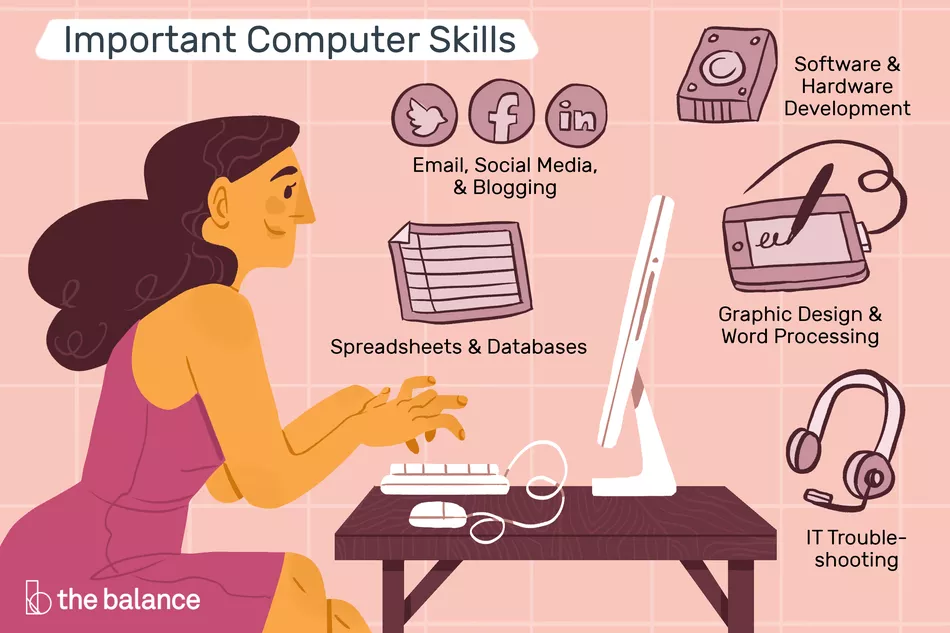 "
" - Follows the Rules More Easily
- Gender-Specific Play
- Boys are More Likely To Engage In Rough and Tumble or Physical Play
- Girls are More Likely to Engage in Social or Imaginative Play
- Likes to Dance, Sing, and Act
- Recognizes and Responds to Others' Feelings
- Sometimes Demanding and Sometimes Cooperative
- Wants to Please Friends
A child's positive relationship with caring and trusting adults is vital to successful social and emotional development. Why not grab a set of wooden building blocks, or some play-dough and start building connections!
10 Reasons Why Social Skills Are Important to Employers • BUOM
While hard skills demonstrate your experience and understanding of specific measurable abilities, social skills often indicate your ability to work with others and grow within a company. Soft skills help you build relationships and solve problems to make full use of your hard skills.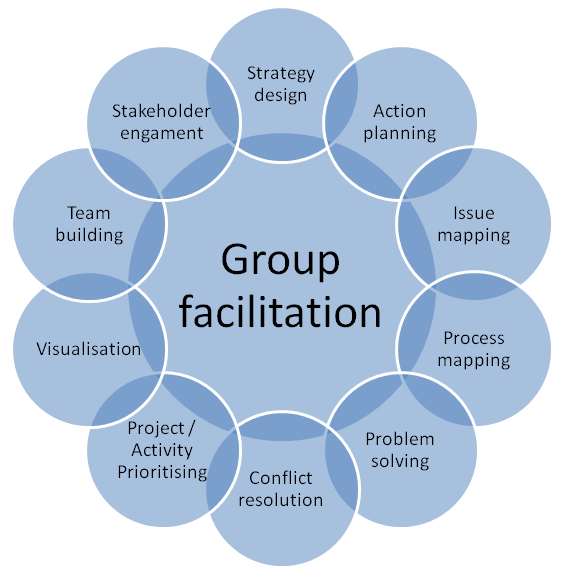 Listing interpersonal skills on your resume, showing them off in interviews, and developing them in the workplace can support your career and open up new opportunities for you.
Listing interpersonal skills on your resume, showing them off in interviews, and developing them in the workplace can support your career and open up new opportunities for you.
In this article, we look at ten top reasons why communication skills are important and how they can strengthen your job application.
Who uses soft skills?
Some occupations, such as customer service, are synonymous with interpersonal skills, but all use interpersonal skills regardless of their job. Every time you interact with a colleague, client, or customer, you have the opportunity to use social skills to make your job easier, better, or more efficient. Time management, adapting to new situations, and working well under stress are all soft skills that can be applied to any work environment at any experience level.
Why are soft skills so important?
Employers recognize the importance of interpersonal skills in the workplace, so it's important that people prioritize social skills when hiring.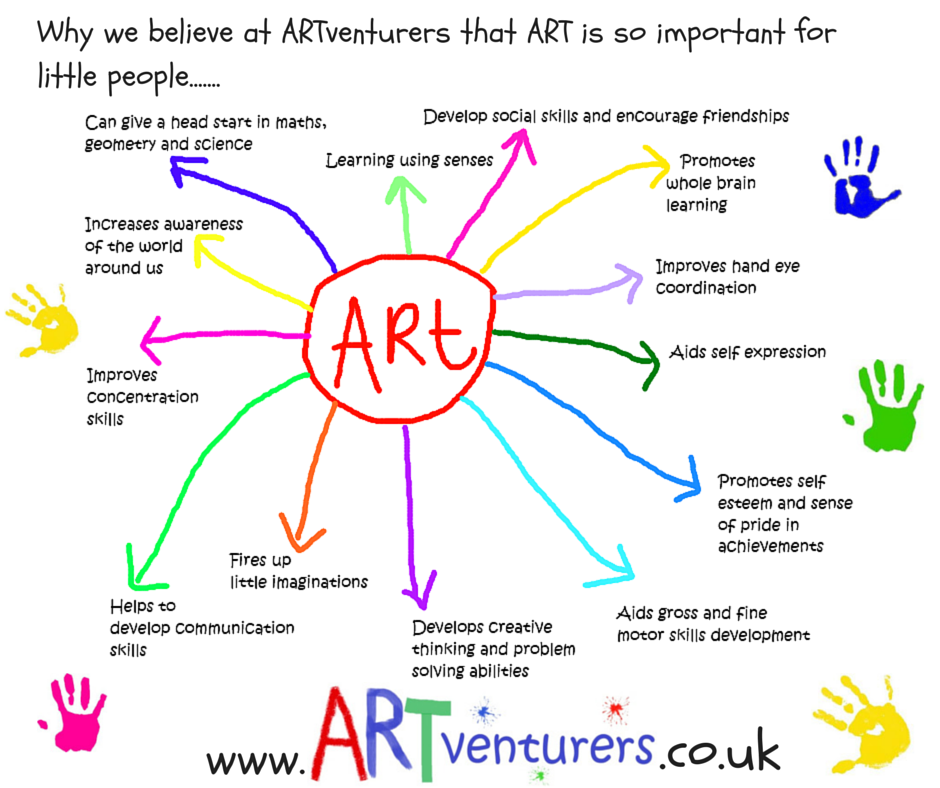 Soft skills demonstrate that you understand the various characteristics that will help you succeed in the organization and in your particular position. Here are some of the main reasons why communication skills are important in your job search and career development. Soft skills:
Soft skills demonstrate that you understand the various characteristics that will help you succeed in the organization and in your particular position. Here are some of the main reasons why communication skills are important in your job search and career development. Soft skills:
Indicate longevity
When hiring, most employers look for signs that a job seeker will stay with their company for the long haul. If an employee demonstrates the ability to grow within the company, that employer will not have to spend more resources on hiring a replacement. Soft skills like conflict resolution, a sense of purpose, and motivation can make you a long-term asset to employers. Your attitude to work is one of the most important indicators of the duration of work, and employers can use it when choosing between two similar candidates.
Measure Teamwork
If you are applying for a position as part of a team, the hiring manager will evaluate your application based in part on how well you can fit into the group dynamic.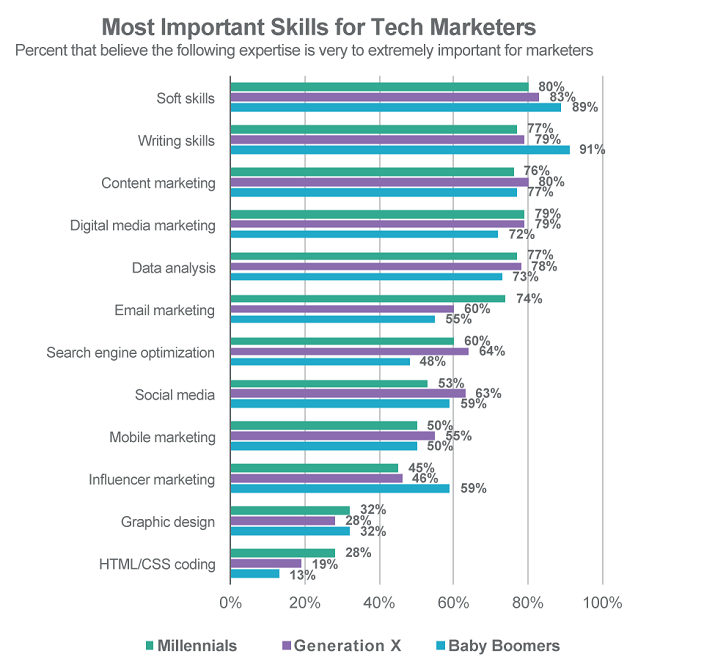 Employers use soft skills as a way to measure your teamwork and communication skills. No matter how good your technical skills are, you need to be a team player to use them effectively. To address the employer's goal of finding a great team member, list interpersonal skills such as flexibility and active listening on your resume.
Employers use soft skills as a way to measure your teamwork and communication skills. No matter how good your technical skills are, you need to be a team player to use them effectively. To address the employer's goal of finding a great team member, list interpersonal skills such as flexibility and active listening on your resume.
Maintain relationships
Soft skills not only support your relationships in the workplace, but also determine your success in working with clients and business partners. Employers are looking for employees they can trust to represent the company in a professional and friendly manner. Soft skills distinguish between candidates who are qualified for the job and candidates who will exceed expectations by putting effort into their professional relationships. People with a good aptitude for customer service are good for business in any industry, with any level of experience.
Network
Soft skills are critical to building and expanding your personal network and professional contacts in the workplace. People with strong interpersonal skills show curiosity, which allows them to achieve professional results and quickly develop industry knowledge. Employers rely on people who have a strong professional network to help them make business connections, provide professional development, and even make hiring decisions. If you can recommend useful services through your network, your employer is likely to value your opinions and ideas more highly.
People with strong interpersonal skills show curiosity, which allows them to achieve professional results and quickly develop industry knowledge. Employers rely on people who have a strong professional network to help them make business connections, provide professional development, and even make hiring decisions. If you can recommend useful services through your network, your employer is likely to value your opinions and ideas more highly.
Help Growth
Most social skills contribute to your ability not only to make good use of existing skills, but to consistently develop and develop those skills over time. The ability to accept and implement feedback is a soft skill that many people struggle with. Employers also want to hire people who not only respond to criticism from others, but who are constantly looking for ways to improve, even if they are not asked to. Use your soft skills to be self-sufficient and reflective when it comes to work and you can quickly become an outstanding employee.
Be organized
Attention to detail, time management and the ability to delegate are all social skills that determine how organized you are at work. Being organized will help you prove that you are a reliable resource who can not only do your job well, but also do it on time. Organization combined with other soft skills like communication helps you build trust between your team because they know they can rely on you to help them find the information they need. You can start demonstrating your organizational skills to potential employers even before the interview by contacting them in a timely manner and sending them a well-formatted resume.
Show initiative
Employers hire and promote people who regularly demonstrate motivation and initiative. A positive attitude and creativity show employers that you have the initiative to think of new projects or ways to solve problems. Soft skills also help you bring your ideas to life by using motivation to transform brainstorming sessions into actionable projects. Highlight your soft skills to show employers that you have plans to grow and inspire others with your focus and drive.
Highlight your soft skills to show employers that you have plans to grow and inspire others with your focus and drive.
Develop leadership
Show employers that you have leadership qualities by emphasizing social skills on your resume. Focusing on your soft skills shows that you are thoughtful about how your habits and attitudes affect others in the workplace, which is an integral part of good leadership. One of the reasons employers look for soft skills is because they are more subtle than technical skills and can adapt to different personality types and settings. People with strong interpersonal skills can analyze what leadership strategies their team needs to succeed and apply different strategies for each situation.
Become more confident
Your social skills can help you deal with problems in the workplace with confidence. Your confidence will help you influence others and convince them of your point of view in professional situations. This can be especially helpful during an interview when your confidence in your interpersonal skills can convince an employer to choose you over another candidate. Using social skills to build your confidence can help you integrate into a new work environment and establish yourself as an important member of their team.
Using social skills to build your confidence can help you integrate into a new work environment and establish yourself as an important member of their team.
Read more: The best professional skills to make your resume stand out
Build your reputation
Soft skills are important not only for your reputation, but also for your employer's reputation. The way you interact with customers and business partners can affect how people perceive a company in your community, influencing their ability to do business. Your social skills determine the success of your social interactions, the timeliness of your work, and your ability to resolve conflicts on behalf of your employer in order to build a great reputation.
Social skills: what they are and what they are for
Social skills are the skills we use to communicate and interact with each other, both verbally and non-verbally, through language, gestures, body language and our appearance. Humans are sociable creatures and we have developed many ways to convey our messages, thoughts and feelings to other people.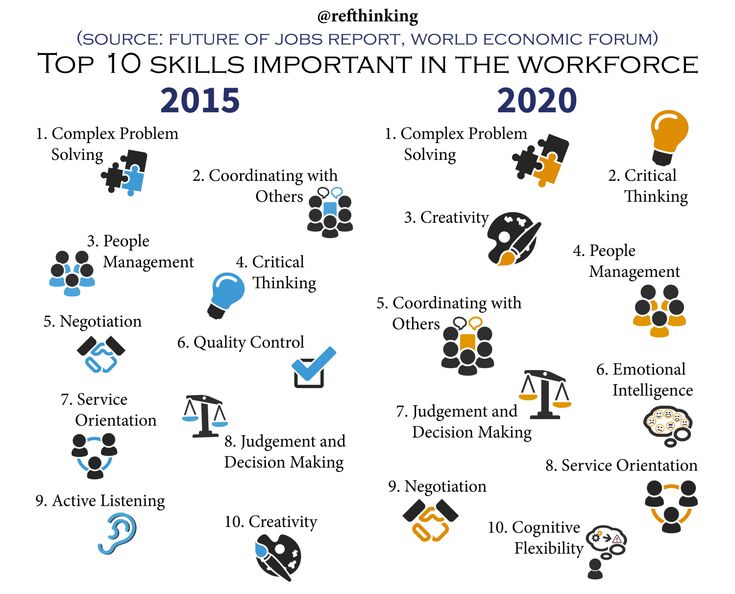 This is something vital to us, and that is why we attach so much importance to it from birth.
This is something vital to us, and that is why we attach so much importance to it from birth.
Communication is important to people and is achieved through good social skills. What is said is influenced by verbal language and how we speak (tone of voice, volume of speech, and words we choose), as well as more subtle messages. such as body language, gestures and other non-verbal ways of communicating.
There are people who are better "social partners" than others, for this reason there is extensive research into the nature and function of interpersonal interaction. Developing social skills is about being aware of how we communicate with others, the messages we send, and how communication methods can be improved to make the way we communicate more effective and efficient.
Index
- 1 Advantages of the presence of good social skills
- 1.1 Best social relations
- 1.
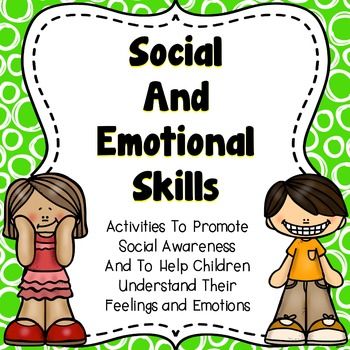 2 Best communication
2 Best communication - 1.3 Big efficiency
- 1.4 Improve your view of life
- 1.5 You will be happier than
- 2 characteristics 2 social skills
Benefits of having good social skills
Better social relationships
If you have a good way of communicating with others, you will have more friends. By developing your social skills, you become more charismatic, and anyone can like it. People are more interested in charismatic people because they are (or at least appear to be) more interested in themselves and others.
Most people know that without strong interpersonal relationships one cannot get very far in life. Focusing on relationships will help you get jobs, promotions, and make new friends. Well-honed social skills can increase your happiness and satisfaction by giving you a better perspective on life. In addition, good relationships with other people will also help you reduce your stress levels.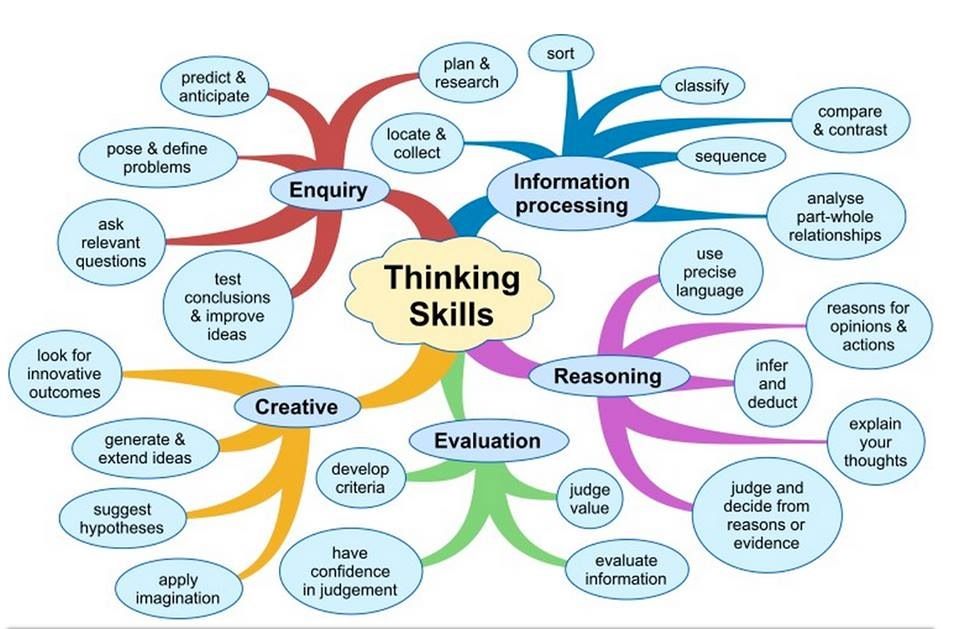 boost self-esteem.
boost self-esteem.
Better communication
Connecting with people and working in large groups will help you improve your communication skills. After all, you can't have good social skills without good communication skills and The ability to express your thoughts and ideas can be the most important skill you develop in life.
This is a good idea if you think your communication is poor or that your social skills are not what you want, you are making situations talk to other people. In this way, you can practice more, for example, in the cafeteria, at the seller in the supermarket, etc.
Greater efficiency
If you communicate well with people, it is easier for you to avoid people you don't like as much as others. And also others will be nice to you. Some people are afraid of social interactions because they don't want to spend time with people who have different interests and points of view ... or they are even afraid of being with bad people.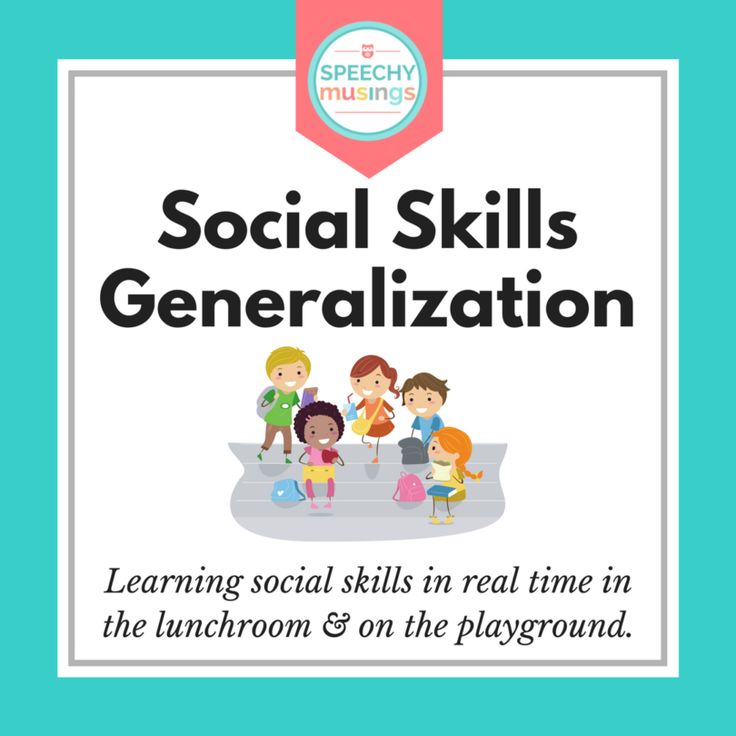
It is much easier to attend a meeting at work or a party in your personal life if you know at least some of the people who will be there. If you find yourself in a social situation and don't want to spend time with a particular person because you don't like or can't help them with a particular problem, a good set of social skills will allow you to Politely communicate that you need to spend time with other people in the meeting.
Improve your outlook on life
The most valuable jobs have a "personal component" and the most lucrative jobs often require a lot of time spent interacting with employees, the media and others. It is rare that a person can remain isolated in his office and still succeed in his job.
Most companies are looking for people with a certain set of tactical skills - the ability to work well in a team, influence people and motivate them to achieve results.
You will be generally happier
Communication and understanding of people will help you open many personal doors related to your profession or in general in your personal relationships.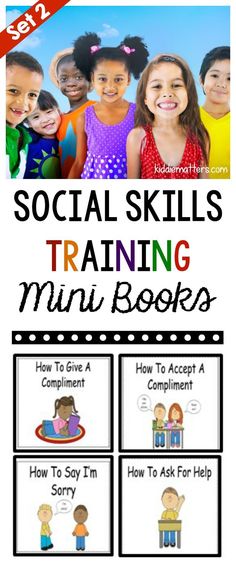 Confidence that you will start a conversation at a work conference can lead to a new job offer with a higher salary. Smiling and "hello" in a social situation can lead to friendship... and friendship can give you valuable contacts in your life.
Confidence that you will start a conversation at a work conference can lead to a new job offer with a higher salary. Smiling and "hello" in a social situation can lead to friendship... and friendship can give you valuable contacts in your life.
If you get along with the people around you, you will feel more happy, because you will understand that not everyone is bad or wants to take advantage of others. Moreover, they want to help. Although, if you encounter toxic people along the way in your life, it would be nice if you knew how to remove toxic people from your life so that they don't drain your energy.
Characteristics of social skills
To better understand what social skills are do not lose sight of these characteristics that define them very well :
- Social skills are aimed at achieving a social goal or task.
- Socially qualified behavior is interconnected in the sense that a person can use more than one type of behavior at the same time to achieve the same goal.
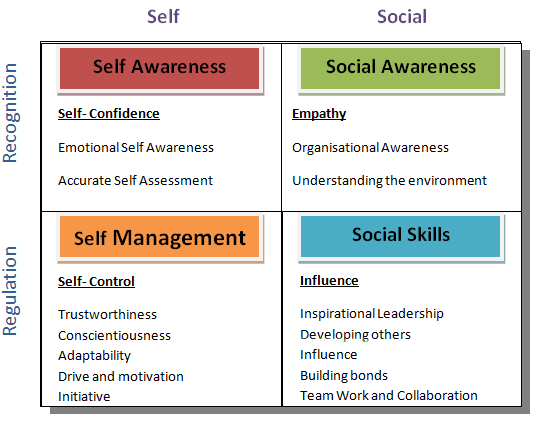
Learn more

